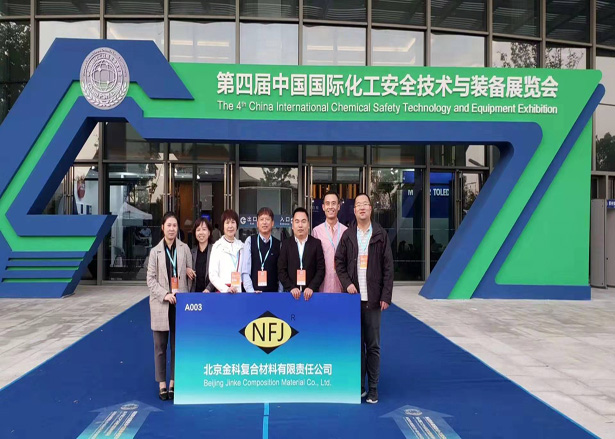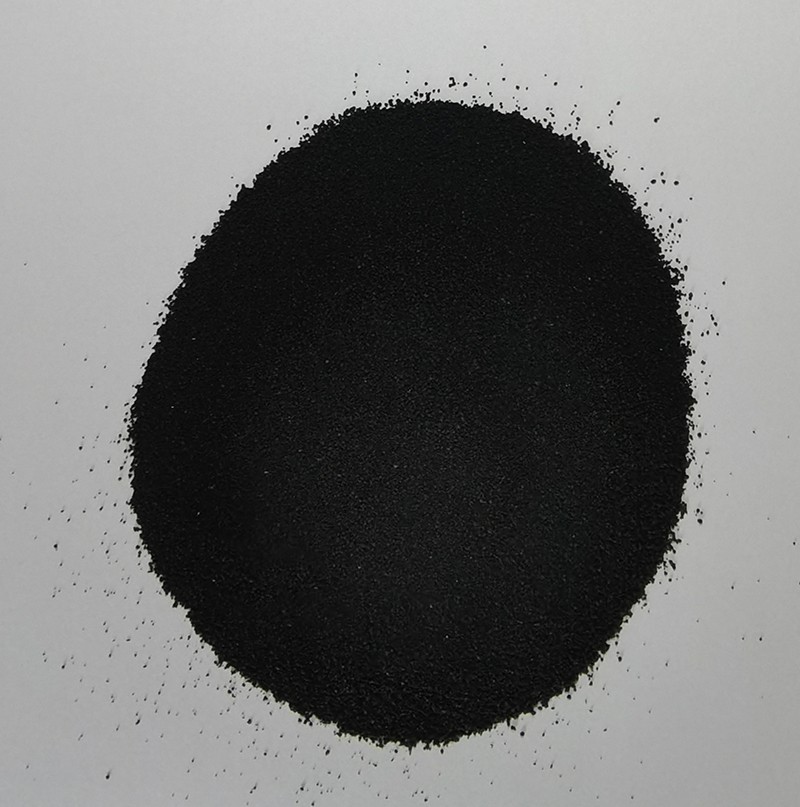## The Functionality of Porous Fiber in Automotive Applications
Porous fiber technology plays a crucial role in enhancing the efficiency and safety of automotive applications. These specialized materials are designed to manage fluids and gases effectively, leveraging their unique structural properties. At its core, porous fibers have interconnected voids that allow for precise fluid and gas filtering, enabling the automotive industry to meet stringent performance standards.
The primary components of porous fiber for automotive uses include the fiber matrix, which is typically composed of advanced polymers or ceramics, and the porous structure that permits selective permeability. The interconnected pores within the fiber enhance its ability to absorb, filter, and distribute liquids and gases, directly influencing the performance of various automotive systems. For example, in fuel filtration systems, porous fibers can effectively trap contaminants, ensuring cleaner fuel delivery to the engine and improving overall engine efficiency.
One of the key mechanisms by which porous fiber works is through capillary action and gravitational forces. The design of the fibers allows for controlled absorption and transport of fluids, making them ideal for applications such as oil filtration, coolant systems, and air intake filters. Advanced technology enables the production of these fibers with incredible precision, ensuring optimal pore size and distribution that perfectly matches the requirements of specific automotive components.
In addition to traditional manufacturing techniques, the advent of advanced technology such as 3D printing and nanotechnology has revolutionized the production processes of porous fibers. These technologies enable manufacturers to create highly complex geometries and customize properties based on the demands of the automotive sector. Consequently, this leads to reduced waste, faster production times, and enhanced innovation.
When applied in modern vehicles, porous fiber technology has proven its merit in several scenarios. In electric vehicles, for instance, porous fibers are used in battery cooling systems, allowing efficient heat dissipation while ensuring optimal performance. Furthermore, in the realm of exhaust systems, these materials serve as effective catalysts, promoting cleaner emissions by facilitating necessary chemical reactions within a contained environment.
The importance of porous fiber technology in modern automotive manufacturing cannot be overstated. As requirements for efficiency, safety, and sustainability grow, these fibers provide the solutions needed to tackle these challenges head-on. Their integration into various systems reflects a commitment to innovation, performance, and environmental responsibility.
For businesses seeking reliable suppliers or partnership opportunities concerning porous fiber applications in the automotive industry, we encourage you to reach out to learn more. If you require additional information or have specific needs, feel free to contact us for expert guidance and solutions tailored to your requirements.
Show More >>
PRODUCTS
You are welcome to contact us at any time, please write the message here and we will reply you in 24 houre. thanks foryour support.



